William Faulkner Archive
The Monolithic, Unforgiving Group Narrator
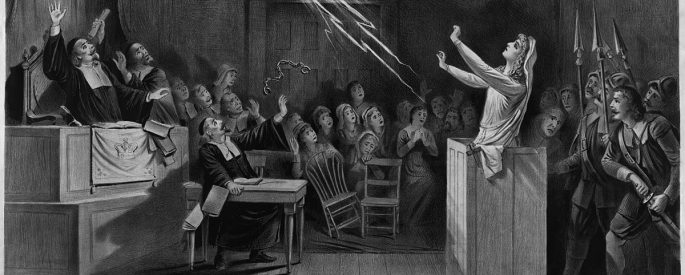
“A Rose for Emily,” by William Faulkner, and “The Little Widow from the Capital,” by Yohanca Delgado, both feature the first-person-plural point of view. In both stories, the group narrator is insular, one-directional, one-dimensional, monolithic, and unforgiving in judging a woman.
Jesmyn Ward’s and William Faulkner’s Apocryphal Counties

Like Faulkner, Jesmyn Ward sets all her novels in a town loosely based on her own hometown in Mississippi, mapping a terrain that holds the various human experiences within its topographical confines.
The Limits and Freedoms of Literary Regionalism: The Rules of Reality in William Faulkner’s Fictional County

There is no conversation on literary regionalism without Faulkner’s Yoknapatawpha. The Mississippi-born author’s loyalty to his imagined landscape is perhaps what he is most known for.
Collectors in the Wilderness
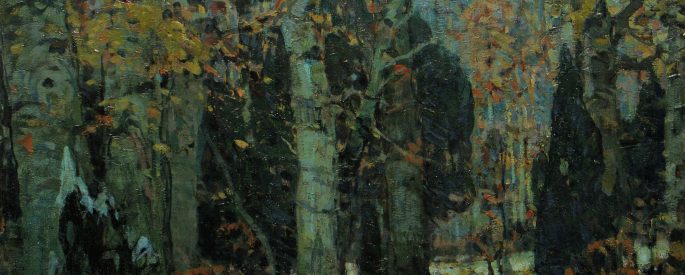
Walking in wilderness is sometimes marketed as a clarifying experience—walk to clear your head, or push your limits, or find peace. I’ve always found it to be an exercise in entertaining contradictory thoughts, emotions, and physical sensations.
Big Picture, Small Picture: Context for William Faulkner’s “Barn Burning”
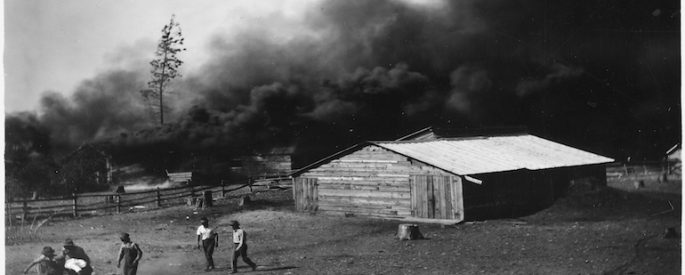
In June of 1939, William Faulkner’s short story “Barn Burning” is published in Harper's Magazine, marking the first appearance of the fictional Snopes family of Yoknapatawpha County, Mississippi. Eleven years later, Faulkner accepts the Nobel Prize in Literature.
Moments in the Rose-Garden: The Literature of Stillness

When my brother and I were kids, my parents would watch what we called “screensaver movies”: films that moved at a leisurely pace and boasted periods of little action in the traditional sense, featuring instead long, lingering shots of landscapes, interiors, characters’ expressions. We mocked and groused.
The Best Short Story I Read in a Lit Mag This Week: “Restoration” by Ann Joslin Williams
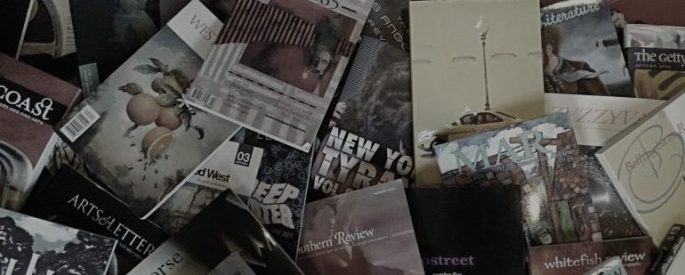
In “Restoration” (Carve), Ann Joslin Williams shows how a widower’s memories and the discovery of a dead body conflate in the present moment, to dramatic effect.
The Best Short Story I Read in a Lit Mag This Week: “S Is for Silence” by Dacia Price
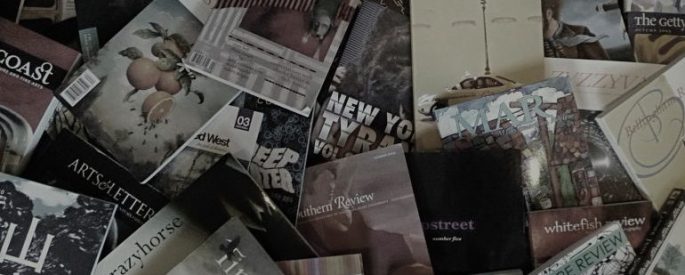
But that’s the difficulty—for the narrator and for us. We can’t answer the question what we did without also answering who we were.
The Best Short Story I Read in a Lit Mag This Week: “Los Angeles” by Ling Ma
In Marie-Helene Bertino’s “Edna in Rain” (reviewed in February), the narrator’s ex-lovers are literally raining from the sky, leaving her to deal with the surprising consequences. In Ling Ma’s “Los Angeles” (Granta), the narrator has similar problems with past lovers, leading to a wild exploration of memory’s hold on
Harold Bloom’s Song of Self

Here’s the story of my first and only encounter with Harold Bloom. It was the first week of a new semester, my last semester of graduate school, and I was waiting in a stuffy seminar room packed with sharply dressed undergraduates. The luckiest students had secured seats around the grand
- 1
- 2